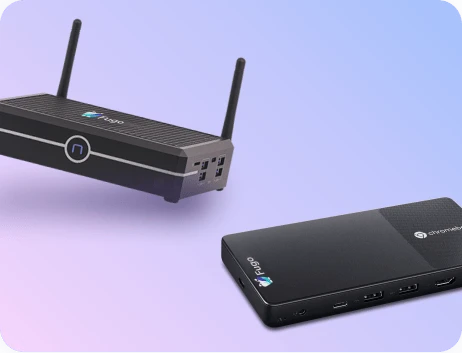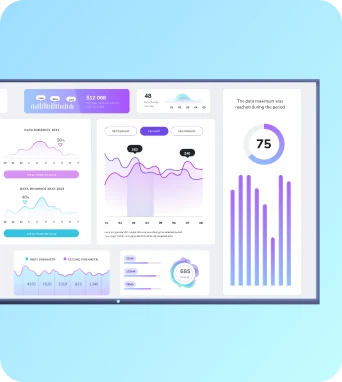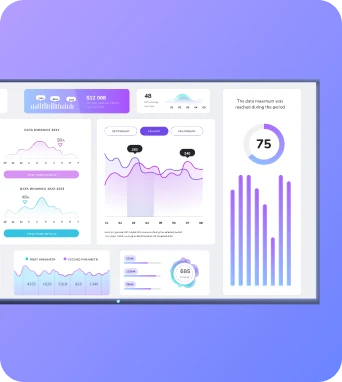Failover systems
Failover systems in digital signage refer to backup mechanisms that ensure continuous display operation by automatically switching to a secondary system when the primary one fails.
What is Failover systems?
Technical Aspects of Failover Systems
Failover systems in digital signage are engineered with a focus on reliability and seamless operation. At the core of these systems is the ability to detect failures in the primary system swiftly. This detection is typically achieved through continuous monitoring of the system's health, which includes checking the status of hardware components, network connectivity, and software applications. Once a failure is detected, the failover system initiates a switch to a secondary system or backup source. This switch is often executed within milliseconds to minimize downtime and ensure that the audience experiences no interruption in content delivery. The technical architecture of failover systems can vary, but it generally includes redundant hardware components, such as backup servers and storage devices, as well as software solutions that manage the failover process. These systems may also incorporate load balancing techniques to distribute the workload evenly across multiple servers, further enhancing reliability. Additionally, advanced failover systems may utilize cloud-based solutions to provide remote backup and recovery options, offering an extra layer of protection against localized failures.
Implementation in Digital Signage
Implementing failover systems in digital signage involves several practical considerations. First, businesses must assess their specific needs and the criticality of their digital signage operations. This assessment helps determine the appropriate level of redundancy required. For instance, a retail store that relies heavily on digital signage for promotions may opt for a more robust failover system compared to a business that uses digital displays for non-essential information. Once the requirements are established, the next step is to select the right technology and vendors. This includes choosing hardware that supports failover capabilities, such as media players with dual outputs or servers with built-in redundancy features. Software solutions that offer automatic failover management and monitoring are also crucial. These solutions should be compatible with existing digital signage infrastructure to ensure smooth integration. Training staff to manage and maintain failover systems is another important aspect of implementation. Personnel should be equipped with the knowledge to troubleshoot issues and perform regular maintenance to ensure the system's reliability. Additionally, businesses should establish protocols for testing failover systems regularly to verify their effectiveness and make necessary adjustments.
Conclusion and Future Outlook
Learn more about Failover systems - schedule a demo at https://calendly.com/fugo/fugo-digital-signage-software-demo or visit https://www.fugo.ai/ In conclusion, failover systems are indispensable for businesses that depend on digital signage for critical operations. By providing a reliable backup mechanism, these systems ensure continuous content delivery, enhancing customer engagement and minimizing potential revenue loss due to downtime. As technology advances, the future of failover systems in digital signage looks promising, with innovations such as AI-driven monitoring and predictive maintenance poised to further enhance their reliability and efficiency. For businesses looking to implement or upgrade their digital signage solutions, understanding and investing in robust failover systems is a strategic move that can safeguard their operations against unforeseen disruptions.
Keep the learning going...
Fail-safe video walls
Fail-safe video walls are advanced digital signage systems designed to ensure continuous operation and display integrity, even in the event of hardware or software failures.
Failover display
Failover display refers to a backup digital signage system that automatically takes over when the primary display fails, ensuring continuous content delivery without interruptions.
Failover-ready media players
Failover-ready media players are digital signage devices designed to automatically switch to a backup source in case the primary content source fails, ensuring uninterrupted display.



